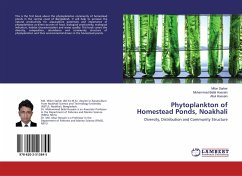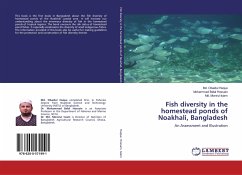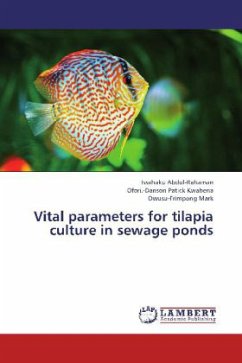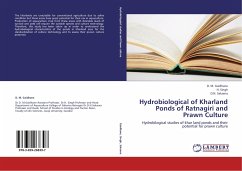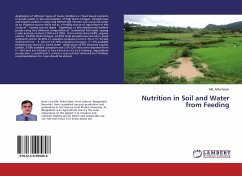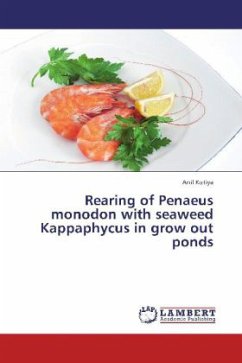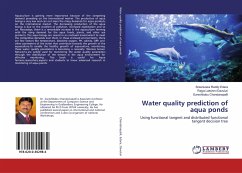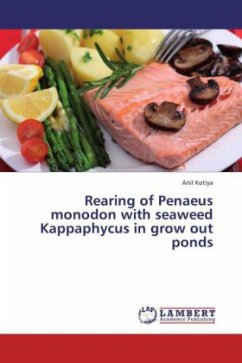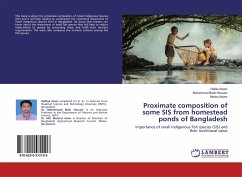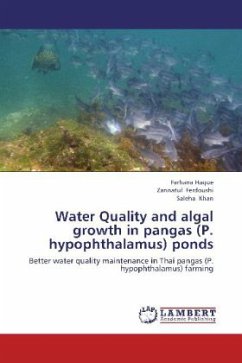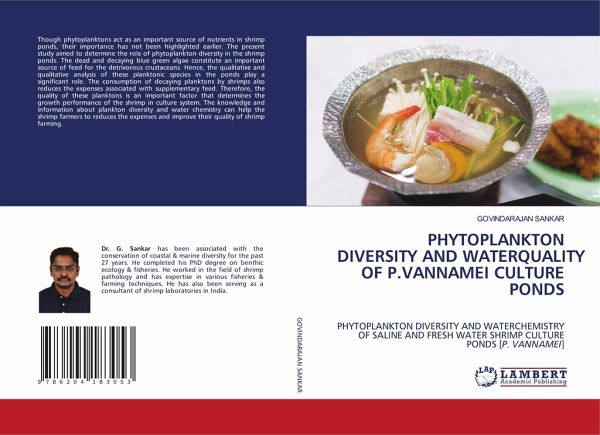
PHYTOPLANKTON DIVERSITY AND WATERQUALITY OF P.VANNAMEI CULTURE PONDS
PHYTOPLANKTON DIVERSITY AND WATERCHEMISTRY OF SALINE AND FRESH WATER SHRIMP CULTURE PONDS [P. VANNAMEI]
Versandkostenfrei!
Versandfertig in 6-10 Tagen
36,99 €
inkl. MwSt.

PAYBACK Punkte
18 °P sammeln!
Though phytoplanktons act as an important source of nutrients in shrimp ponds, their importance has not been highlighted earlier. The present study aimed to determine the role of phytoplankton diversity in the shrimp ponds. The dead and decaying blue green algae constitute an important source of feed for the detrivorous crustaceans. Hence, the qualitative and qualitative analysis of these planktonic species in the ponds play a significant role. The consumption of decaying planktons by shrimps also reduces the expenses associated with supplementary feed. Therefore, the quality of these plankton...
Though phytoplanktons act as an important source of nutrients in shrimp ponds, their importance has not been highlighted earlier. The present study aimed to determine the role of phytoplankton diversity in the shrimp ponds. The dead and decaying blue green algae constitute an important source of feed for the detrivorous crustaceans. Hence, the qualitative and qualitative analysis of these planktonic species in the ponds play a significant role. The consumption of decaying planktons by shrimps also reduces the expenses associated with supplementary feed. Therefore, the quality of these planktons is an important factor that determines the growth performance of the shrimp in culture system. The knowledge and information about plankton diversity and water chemistry can help the shrimp farmers to reduces the expenses and improve their quality of shrimp farming.



